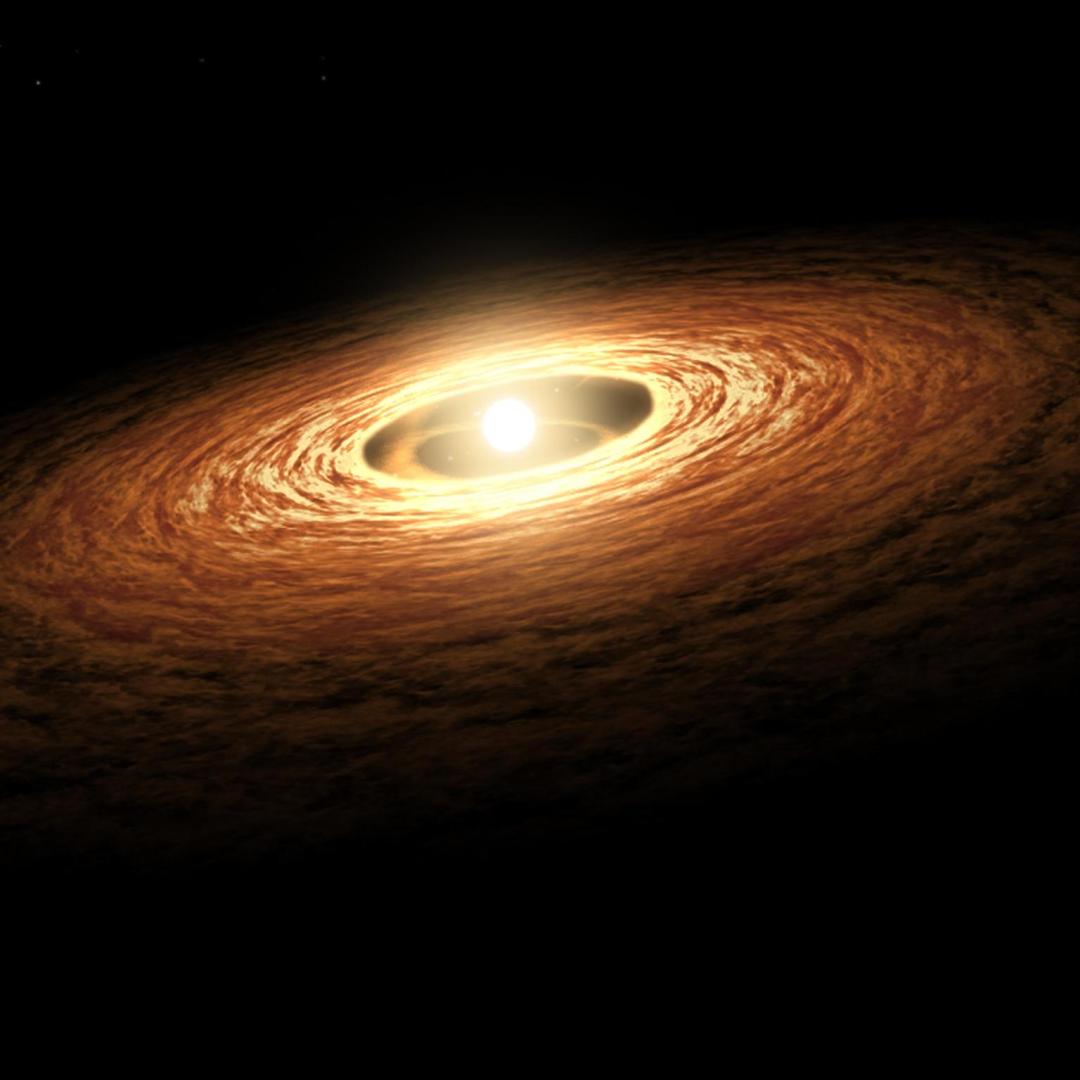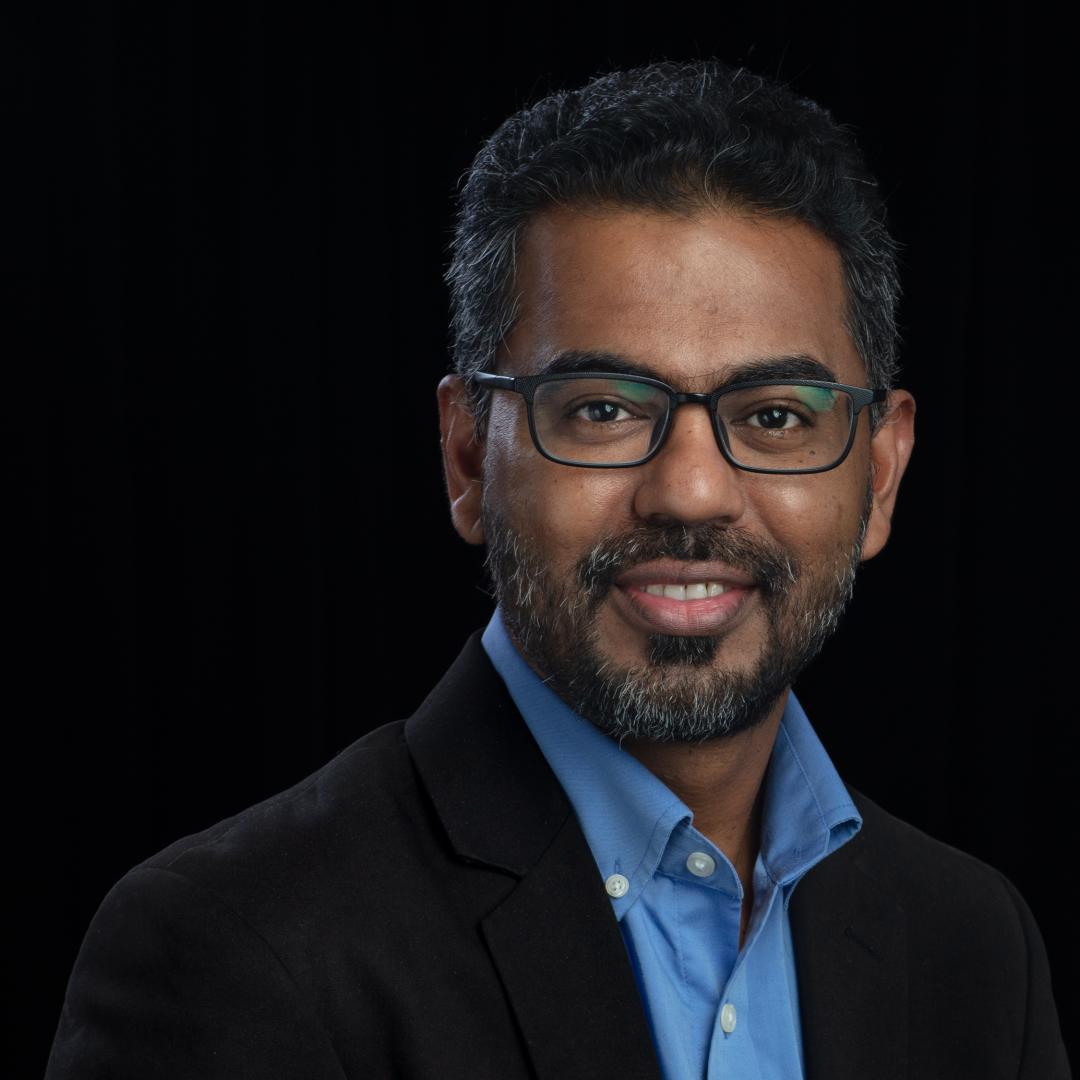
Filter News
Area of Research
- Advanced Manufacturing (4)
- Biology and Environment (15)
- Clean Energy (28)
- Computational Engineering (1)
- Fuel Cycle Science and Technology (1)
- Fusion and Fission (17)
- Fusion Energy (13)
- Isotopes (19)
- Materials (24)
- Mathematics (1)
- National Security (27)
- Neutron Science (5)
- Nuclear Science and Technology (19)
- Nuclear Systems Modeling, Simulation and Validation (1)
- Quantum information Science (1)
- Supercomputing (9)
News Type
News Topics
- (-) Advanced Reactors (21)
- (-) Clean Water (27)
- (-) Composites (17)
- (-) Cybersecurity (17)
- (-) Fusion (40)
- (-) Isotopes (32)
- (-) National Security (42)
- (-) Space Exploration (22)
- (-) Statistics (2)
- 3-D Printing/Advanced Manufacturing (73)
- Artificial Intelligence (61)
- Big Data (44)
- Bioenergy (67)
- Biology (78)
- Biomedical (40)
- Biotechnology (15)
- Buildings (39)
- Chemical Sciences (36)
- Climate Change (72)
- Computer Science (127)
- Coronavirus (28)
- Critical Materials (16)
- Decarbonization (55)
- Education (1)
- Emergency (2)
- Energy Storage (60)
- Environment (148)
- Exascale Computing (28)
- Fossil Energy (5)
- Frontier (26)
- Grid (46)
- High-Performance Computing (56)
- Hydropower (11)
- Irradiation (2)
- ITER (5)
- Machine Learning (33)
- Materials (78)
- Materials Science (80)
- Mathematics (9)
- Mercury (10)
- Microelectronics (2)
- Microscopy (31)
- Molten Salt (6)
- Nanotechnology (28)
- Net Zero (10)
- Neutron Science (74)
- Nuclear Energy (74)
- Partnerships (20)
- Physics (34)
- Polymers (17)
- Quantum Computing (25)
- Quantum Science (40)
- Renewable Energy (1)
- Security (12)
- Simulation (39)
- Software (1)
- Summit (37)
- Sustainable Energy (92)
- Transformational Challenge Reactor (3)
- Transportation (62)
Media Contacts
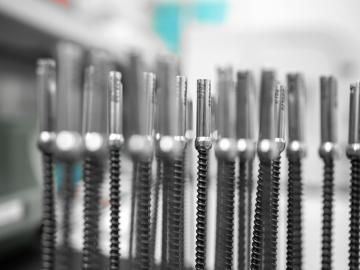
A key industrial isotope, iridium-192, has not been produced in the U.S. in almost 20 years. DOE's Isotope Program and QSA Global Inc. announced a joint product development agreement to initiate U.S. production of iridium-192.
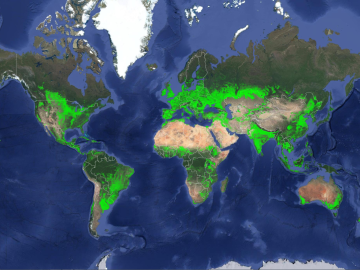
ORNL climate modeling expertise contributed to a project that assessed global emissions of ammonia from croplands now and in a warmer future, while also identifying solutions tuned to local growing conditions.
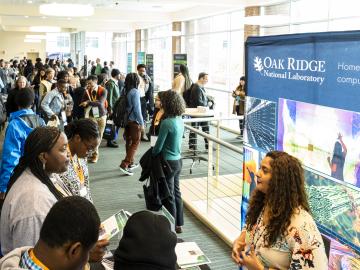
ORNL and the University of Tennessee, Knoxville, co-hosted the 2023 National Society of Black Physicists Annual Conference with the theme "Frontiers in Physics: From Quantum to Materials to the Cosmos.” As part of the three-day conference held near UT, attendees took a 30-mile trip to the ORNL campus for facility tours, science talks and workshops.
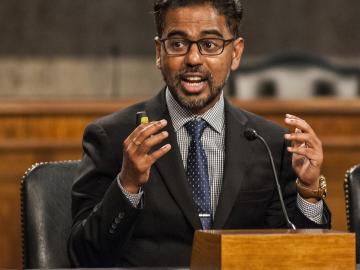
In summer 2023, ORNL's Prasanna Balaprakash was invited to speak at a roundtable discussion focused on the importance of academic artificial intelligence research and development hosted by the White House Office of Science and Technology Policy and the U.S. National Science Foundation.
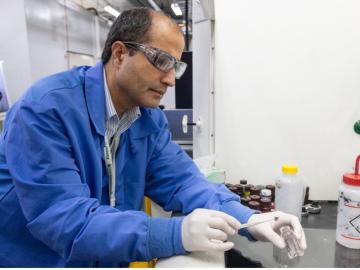
Electric vehicles can drive longer distances if their lithium-ion batteries deliver more energy in a lighter package. A prime weight-loss candidate is the current collector, a component that often adds 10% to the weight of a battery cell without contributing energy.
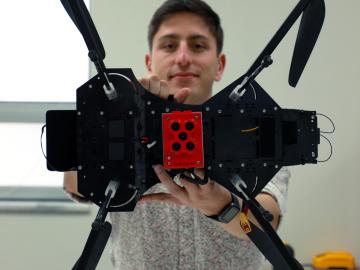
Jack Orebaugh, a forensic anthropology major at the University of Tennessee, Knoxville, has a big heart for families with missing loved ones. When someone disappears in an area of dense vegetation, search and recovery efforts can be difficult, especially when a missing person’s last location is unknown. Recognizing the agony of not knowing what happened to a family or friend, Orebaugh decided to use his internship at the Department of Energy’s Oak Ridge National Laboratory to find better ways to search for lost and deceased people using cameras and drones.
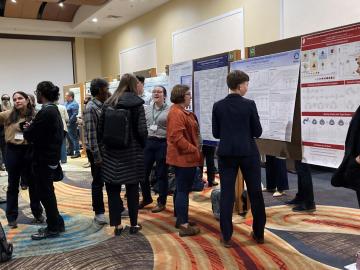
The 21st Symposium on Separation Science and Technology for Energy Applications, Oct. 23-26 at the Embassy Suites by Hilton West in Knoxville, attracted 109 researchers, including some from Austria and the Czech Republic. Besides attending many technical sessions, they had the opportunity to tour the Graphite Reactor, High Flux Isotope Reactor and both supercomputers at ORNL.
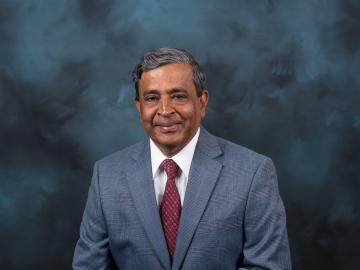
ORNL will lead a new DOE-funded project designed to accelerate bringing fusion energy to the grid. The Accelerate award focuses on developing a fusion power plant design concept that supports remote maintenance and repair methods for the plasma-facing components in fusion power plants.
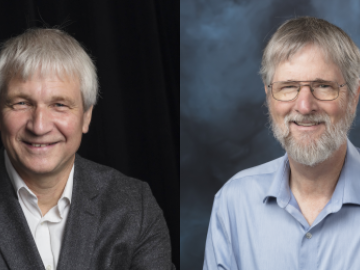
Two fusion energy leaders have joined ORNL in the Fusion and Fission Energy and Science Directorate, or FFESD.
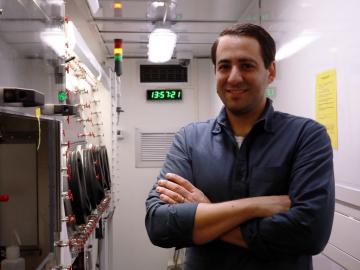
Drawing from his experience during the pandemic, Domenick Leto recognizes the need for the United States to have inexpensive, reliable capabilities to combat any type of disruption to national security, including nationwide medical emergencies. Leto and colleagues received a patent for a simple, inexpensive way to sterilize masks, plastic, and medical equipment from the COVID-19 virus.


